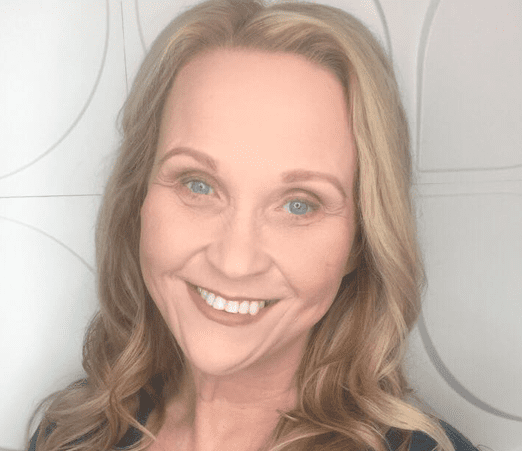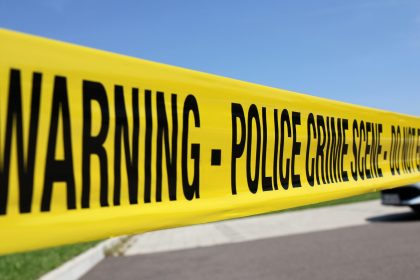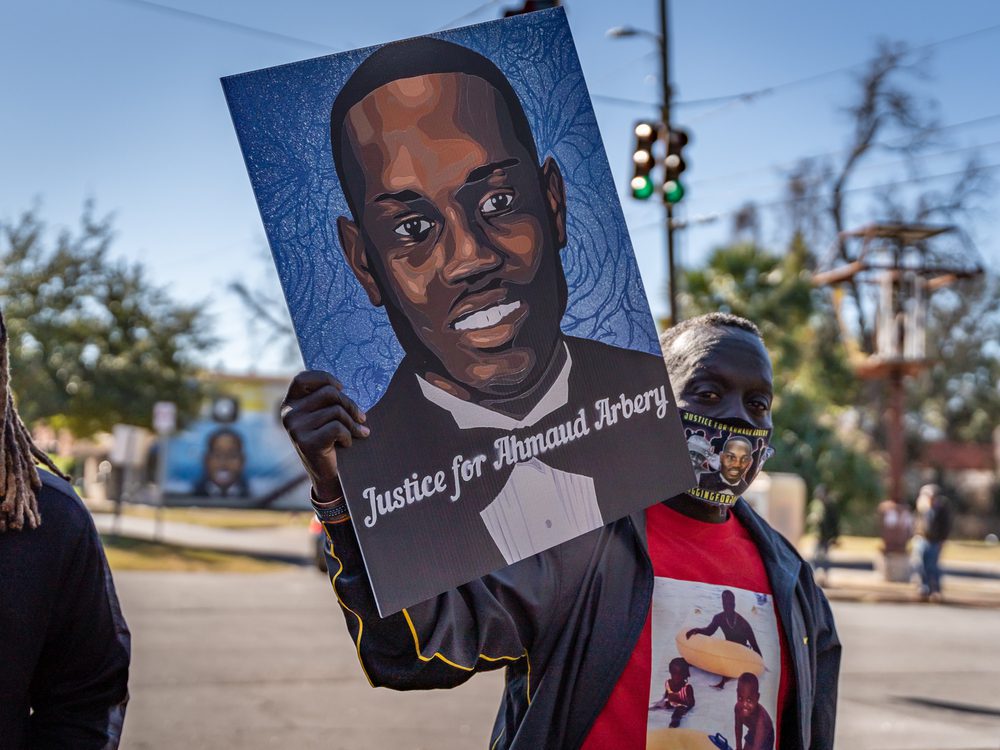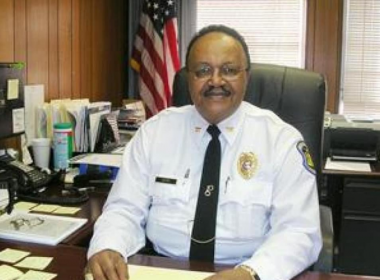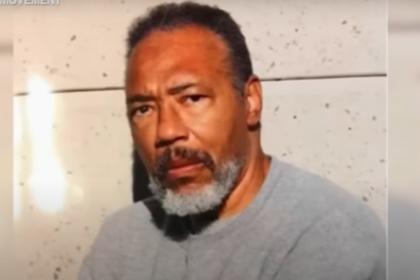
It was almost 60 years ago, during segregation, that Black people in St. Louis seeking medical care had very little choice on where to go. The foul and unsanitary basements of city hospitals that were designated the colored wards were the only option until the one black doctor built a hospital for his people. That man was Homer G. Phillips, and the hospital named for him was at one time the only place devoted to serving Blacks in segregated St. Louis in 1937. The hospital was listed in the U.S. Registry of Historic Places and its closure in 1979 led to protests in the Black community.
Now news has been revealed that something dark and sinister may have occurred during the time the hospital was open, the trafficking of Black newborn babies. In 1965, Zella Jackson Price was young, black and poor and gave birth to an infant daughter. Price was told shortly after giving birth that her daughter died, but some 50 years later Price learned that her daughter was, in fact, alive. It was only when her daughter’s children used social media to research their family that they were able to piece together this missing part of their family history. Now other women who gave birth at the now-closed hospital are coming forward with similar stories of dead babies and not being given a death certificate. Being young, grief-stricken and poor, many of these mothers accepted the word of the nursing staff that their infants were dead. One woman, who was 16 at the time she gave birth to a daughter, stated, “They told me I didn’t need a baby. I was too young to have a baby. They told me my parents didn’t need another mouth to feed.”
A reasonable person might ask the reason for such a tragic deception, and the possible answer is shocking: Black middle-class families seeking to adopt. There were no adoption agencies for childless Black couples and it is alleged that members of the hospital staff were complicit in trafficking newborns to these couples. So far, about 25 women have contacted the law firm of Kodner & Watkins in St. Louis seeking help and representation for their cause. In addition, the state has set up a phone line asking for those who may have been affected to call and help with the investigation of the hospital.


